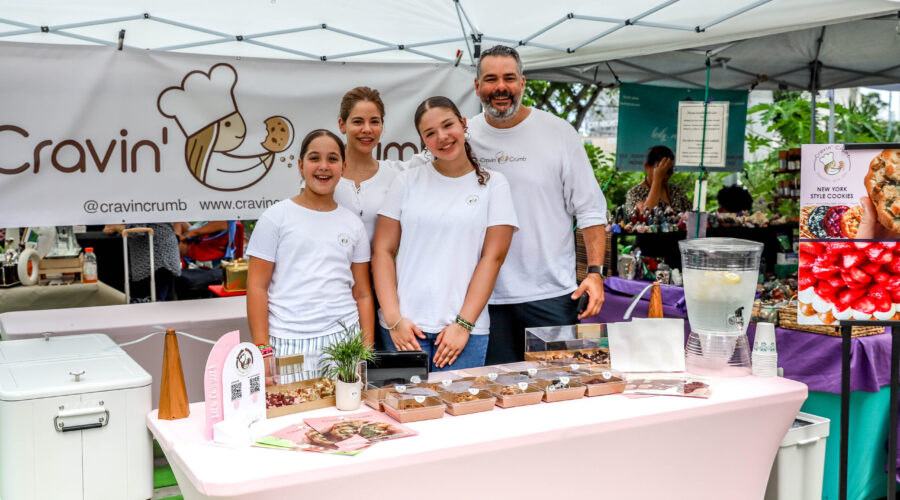South Florida Markets & Events Vendor Permits & Compliance: How to Stay Legal
If you’re a vendor in Miami or anywhere in South Florida, having the right permits and meeting compliance requirements isn’t optional — it’s essential. Whether you’re selling empanadas from a food truck, handmade candles at a pop-up market, or art at a cultural festival, you need to follow local laws to avoid fines or being shut down mid-event.
In this guide, we’ll break down the most common permits and compliance rules that vendors need to know when participating in farmers markets, fairs, and festivals in the Miami area.
1. Why Compliance Is Critical for Miami Vendors
South Florida cities have strict enforcement when it comes to event vending. Markets and festivals often require proof of:
- Business licenses
- Liability insurance
- Food safety certifications
- Sales tax registration
Markets that partner with municipalities or use public parks will not allow vendors without paperwork. Avoid headaches and lost revenue by staying prepared.
2. Required Permits for Miami Vendors
✅ Florida State Business License
You need to register your business with the Florida Department of State and get an EIN (if you’re not a sole proprietor).
👉 Register Your Florida Business
✅ Miami-Dade Local Business Tax Receipt (BTR)
This is your local license to legally do business in Miami-Dade County.
✅ Sales Tax Certificate
Get your sales tax number from the Florida Department of Revenue. Even artisans and craft vendors must collect sales tax.
👉 Florida Sales Tax Application
✅ Food Vendor Requirements
If you’re serving or sampling food:
- Apply for a Temporary Food Service License from the Florida Department of Business and Professional Regulation (DBPR)
- You may also need health department approval and fire inspection if using propane or generators
3. Liability Insurance
Most event organizers in Miami require $1–2 million in general liability coverage. Your insurance policy must:
- Name the event or venue as an additional insured
- Cover property damage and bodily injury
Use services like:
4. Other Compliance Items
Depending on the event and product, you may also need:
| Compliance Item | Required For |
|---|---|
| Cottage Food License | Home-based food sellers (non-TCS items) |
| Fire Department Inspection | Food trucks, tents with propane or open flame |
| Alcohol Permit | Vendors selling wine, beer, or infused products |
| ADA Compliant Booth Layout | Events in public spaces |
5. Common Mistakes to Avoid
- Waiting too late to apply for permits
- Assuming one license covers all markets (different cities = different rules)
- Not renewing yearly licenses or insurance
- Missing organizer deadlines for permit submission
6. Using Vendor Software to Stay Compliant
Unite Worldwide offers vendor tools that help you:
- Upload and store compliance documents in one place
- Get reminders when licenses or insurance expire
- Submit all required documents during vendor application
- Communicate directly with market organizers
Learn more about our vendor software for compliance tracking and event management.
Internal Links
External Links
- Florida Business Registration (Sunbiz)
- Miami-Dade Business Tax Receipt Info
- FL DBPR Temporary Food Permits
- ACT Insurance for Vendors
Conclusion
Being a successful vendor in Miami means more than just having a great booth or product — it means being ready, legal, and reliable. With the right permits, insurance, and knowledge, you’ll be invited back to more markets and gain trust from event organizers and customers.
Want to simplify the process? Join Unite Worldwide and use our tools to stay compliant and ahead of deadlines.


